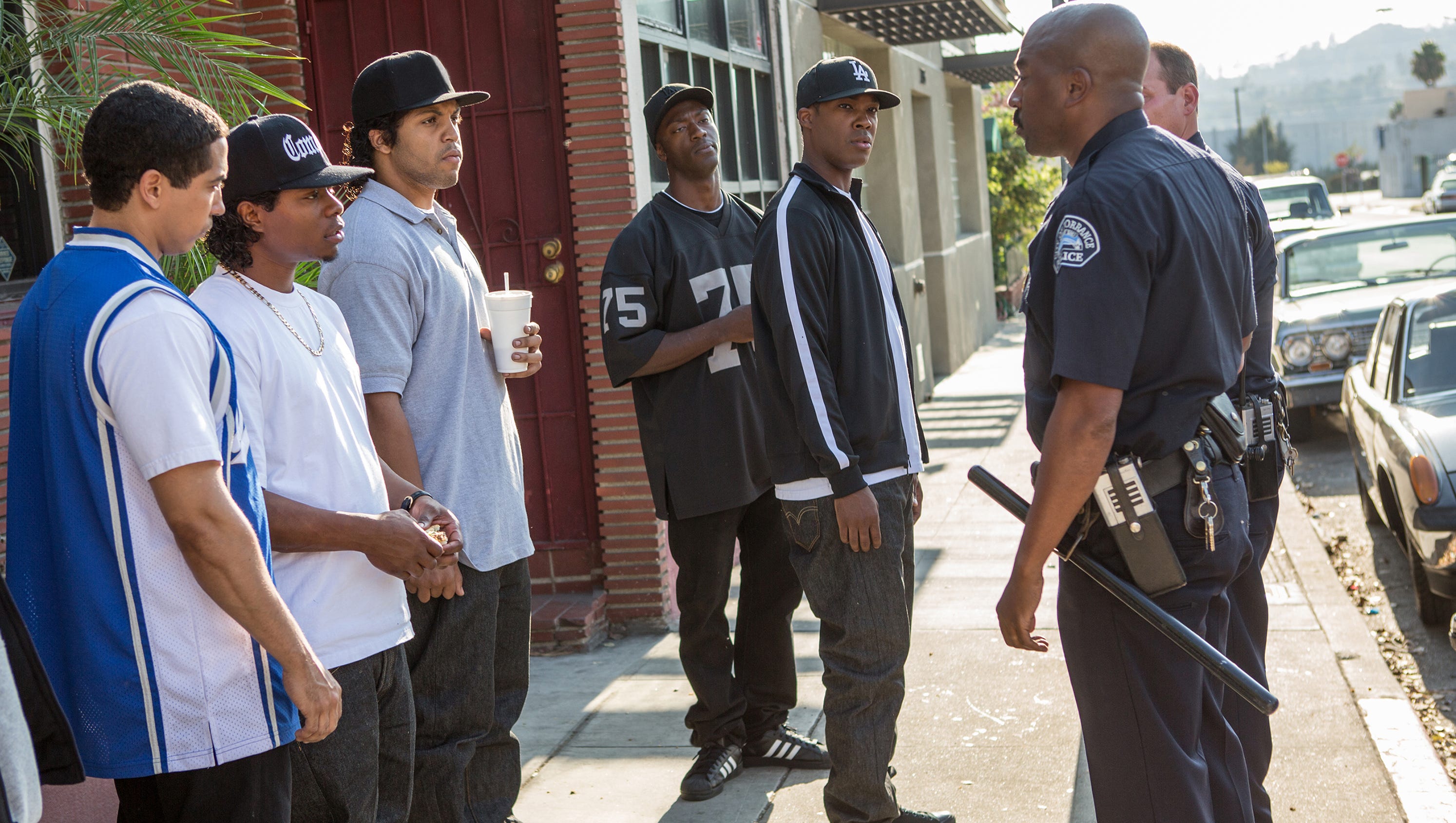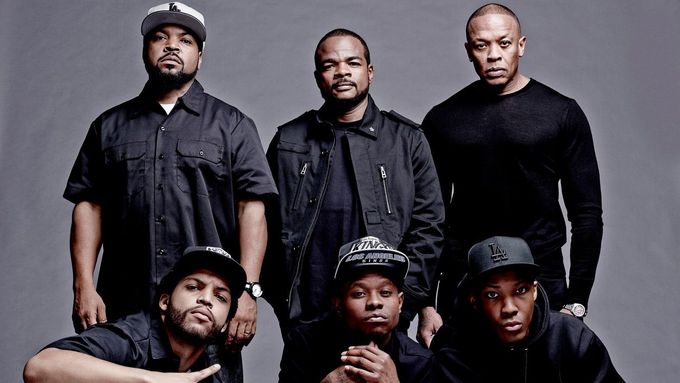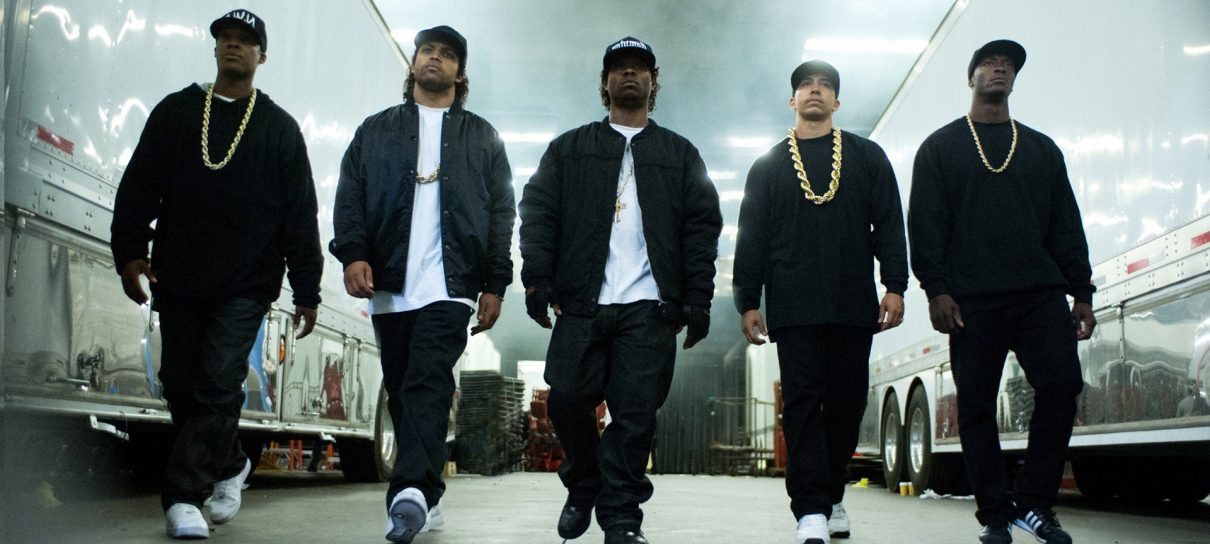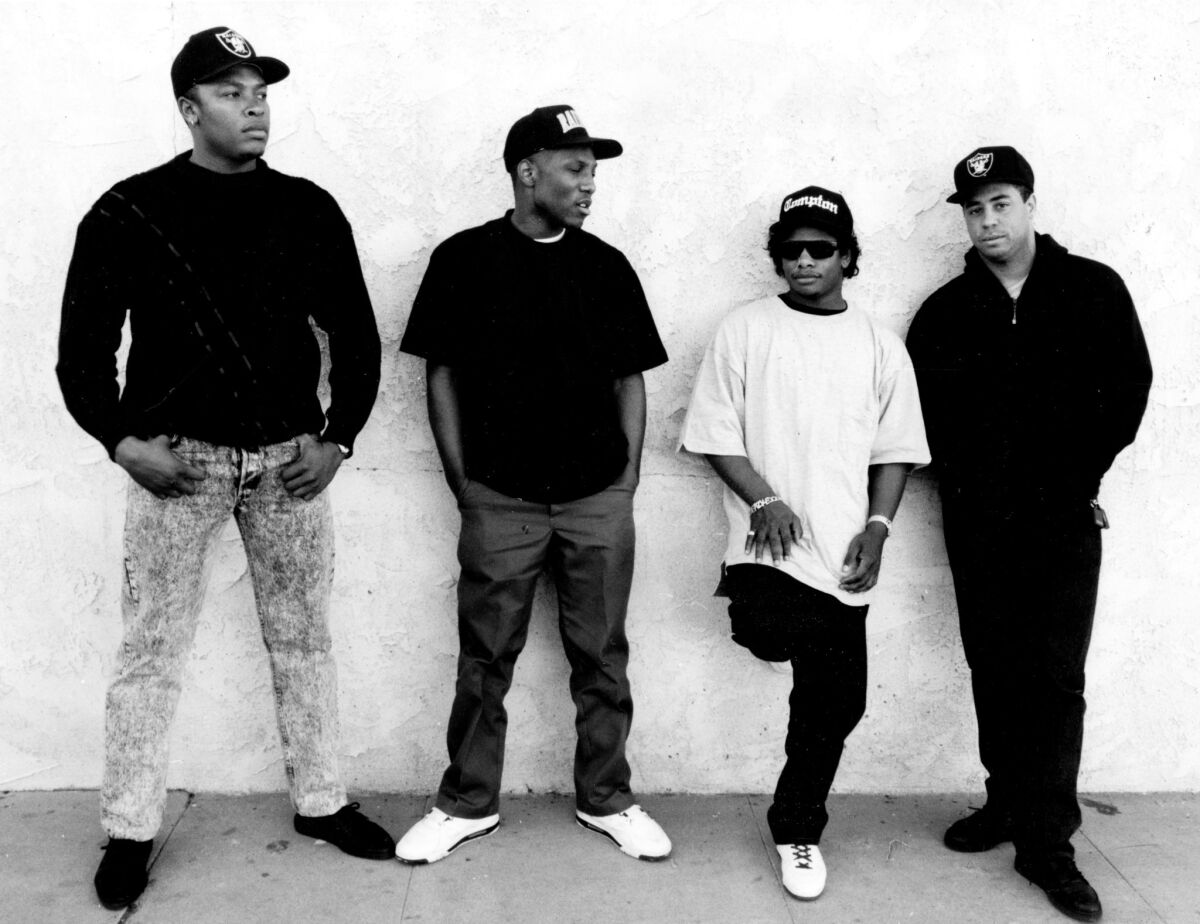Blogs
The Controversies Surrounding NWA Band: Examining the Facts

NWA, or N****z With Attitude, was an American hip-hop group that emerged from Compton, California, in the late 1980s. The group consisted of five members: Eazy-E, Dr. Dre, Ice Cube, MC Ren, and DJ Yella. While their music was widely popular, it was also the subject of much controversy. In this article, we will examine some of the controversies surrounding NWA Band and provide a nuanced analysis of their impact on American culture.
Police Brutality and Racism in America: The Context Behind “F**k Tha Police”

One of the most significant controversies surrounding NWA Band was the criticism they received for their song “F**k Tha Police.” The song was inspired by the experiences of Ice Cube and MC Ren, who both grew up in Compton and witnessed police brutality firsthand. The lyrics expressed their anger and frustration at the police’s mistreatment of African Americans, particularly in poor, urban communities like Compton.
Despite the controversy, “F**k Tha Police” became a rallying cry for African Americans who felt oppressed by the police. It sparked a national conversation about police brutality and racism, and it helped to shape the political and social consciousness of a generation. This controversy surrounding NWA Band was significant in bringing attention to the injustices faced by African Americans, and it highlighted the power of music as a tool for social change.
NWA and Misogyny: An Analysis of Their Treatment of Women in Music
Another significant controversy surrounding NWA Band is their treatment of women in their music. Their lyrics frequently contain derogatory language and objectify women, which has led to accusations of misogyny. The group has been criticized by feminists and women’s rights activists for perpetuating harmful stereotypes and contributing to a culture of violence against women.

NWA has responded to these criticisms by arguing that their music reflects the realities of life in Compton, where violence and sexism were rampant. They argue that their music is a form of social commentary that highlights these issues and draws attention to the experiences of those who live in marginalized communities. While this may be true, it is also true that their treatment of women is problematic.
Their lyrics reinforce harmful stereotypes and contribute to a culture of violence against women. It is important to recognize and acknowledge this while also recognizing the significance of their music and the impact it had on society. It is essential to have a nuanced understanding of the controversies surrounding NWA Band and their music, recognizing both the positive and negative aspects of their work.
The Battle for Free Speech: NWA’s Fight Against Censorship

NWA’s music was frequently censored due to its explicit language and graphic content. This censorship sparked a battle for free speech, with NWA arguing that their music was a form of artistic expression protected by the First Amendment. They fought against censorship and worked to ensure that their music was available to the public, uncensored.
Their battle for free speech was not without consequences, however. The group faced significant backlash from law enforcement officials and politicians, who argued that their music was harmful and contributed to a culture of violence. Despite this, NWA continued to fight for their right to express themselves freely.
In the end, NWA’s fight for free speech helped to shape the political and social landscape of America. It paved the way for other artists to express themselves freely and openly, and it contributed to a culture of artistic expression and creativity that continues to thrive today. It is essential to understand the controversies surrounding NWA Band and their music, recognizing both the positive and negative aspects of their legacy.
The Dissolution of NWA: Examining the Infighting and Betrayal

NWA’s legacy is also defined by the infighting and betrayal that led to their eventual dissolution. The group was plagued by internal conflicts, with members taking shots at each other in their music and in the media. Ice Cube, in particular, became embroiled in a bitter feud with the group, which ultimately led to his departure.
While the exact reasons for the group’s dissolution are unclear, it is clear that the internal conflict played a significant role. This controversy surrounding NWA Band is a reminder of the challenges faced by any group of artists working together to create something meaningful. It highlights the importance of communication, collaboration, and compromise, and it serves as a cautionary tale for anyone looking to start a creative project.
Conclusion: Recognizing the Significance of NWA’s Legacy

The controversies surrounding NWA Band are numerous and complex, reflecting the many challenges faced by artists who seek to create meaningful, impactful work. While their music is not without its problems, it is also undeniably significant, reflecting the realities of life in Compton and drawing attention to the injustices faced by African Americans.
As we look back on NWA’s legacy, it is essential to recognize both the positive and negative aspects of their work. It is important to acknowledge the role they played in shaping American culture and politics, and it is equally important to recognize the controversies that surrounded their music.
By examining these controversies and analyzing their impact, we can gain a deeper understanding of NWA’s legacy and the enduring significance of their music. As fans of NWA and as people interested in American history and culture, we must continue to engage with their work and the controversies surrounding NWA Band in a thoughtful, nuanced way.
Don’t miss out on the latest updates and analysis on important topics like this one. Subscribe to our newsletter for the latest blog posts and stay informed!
>>>Related Blogs: NWA Hip-hop: A Brief History
